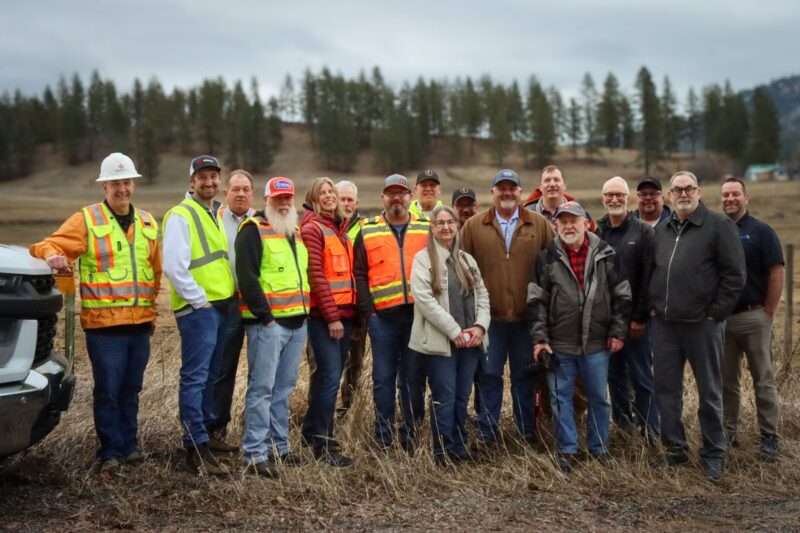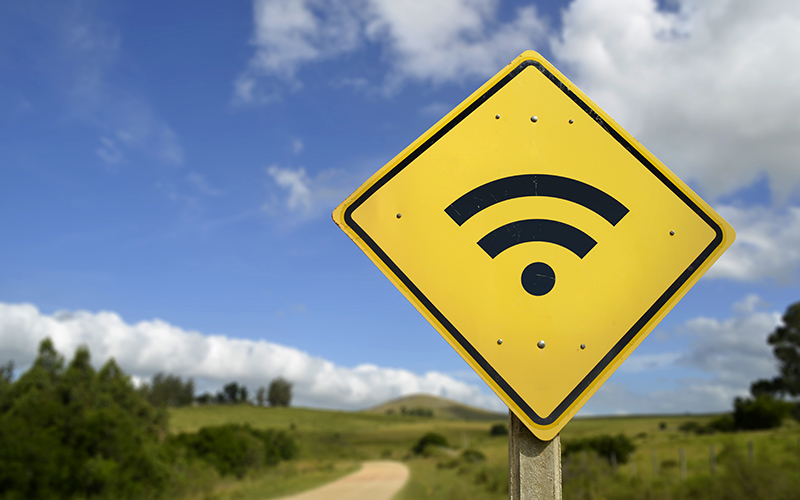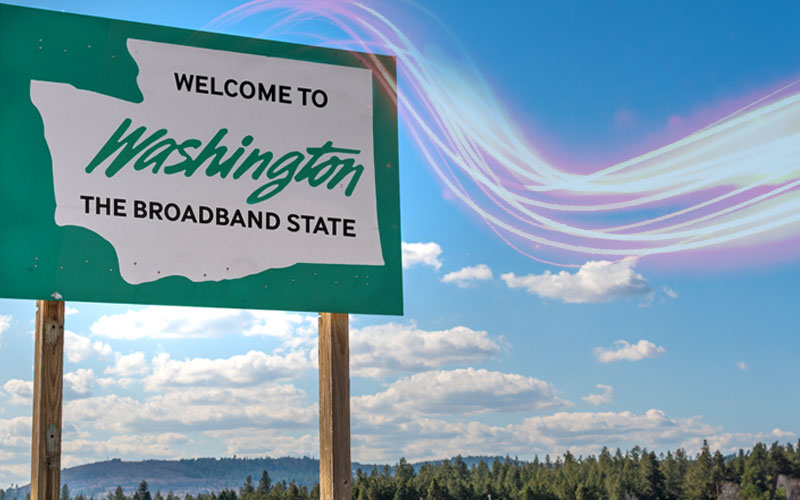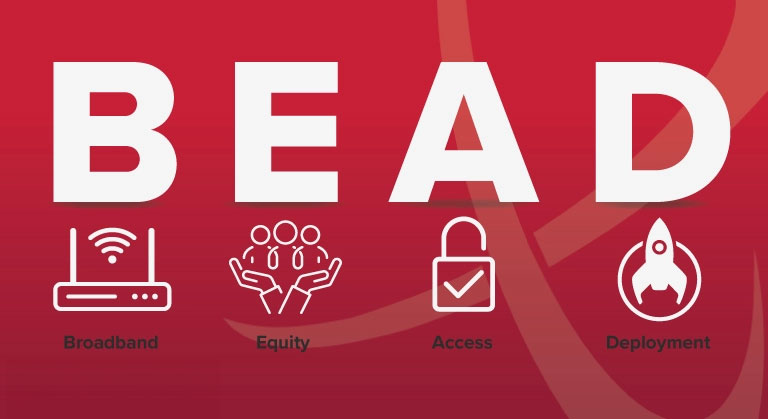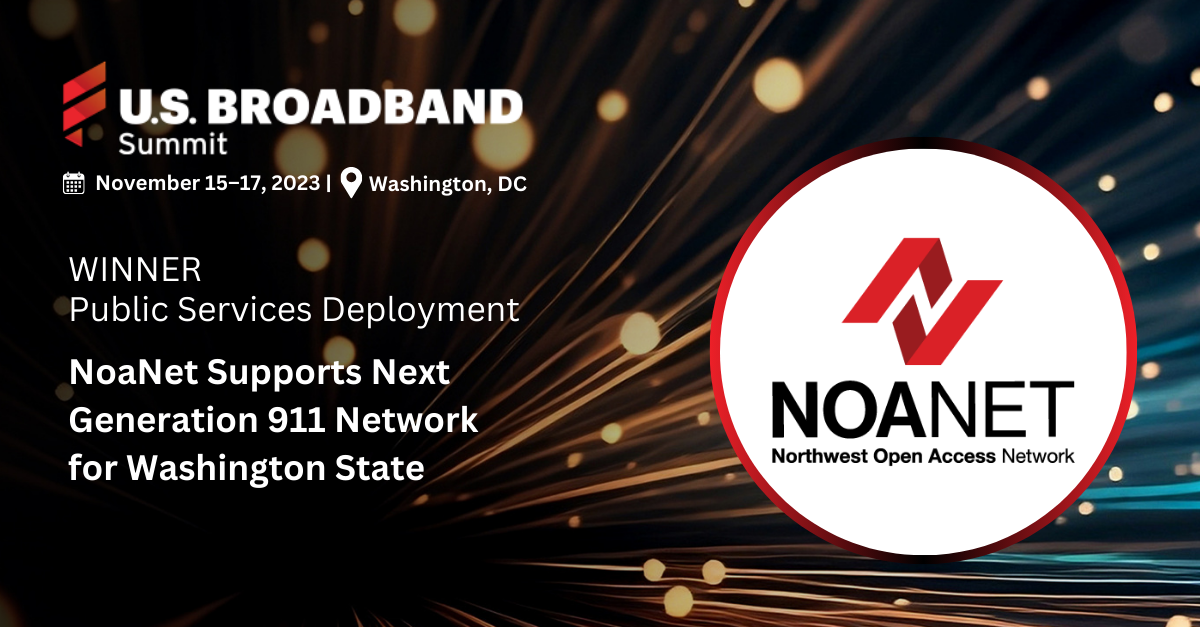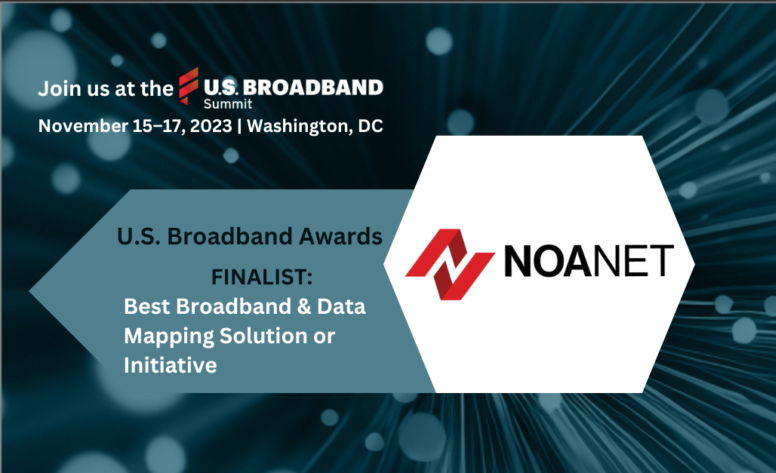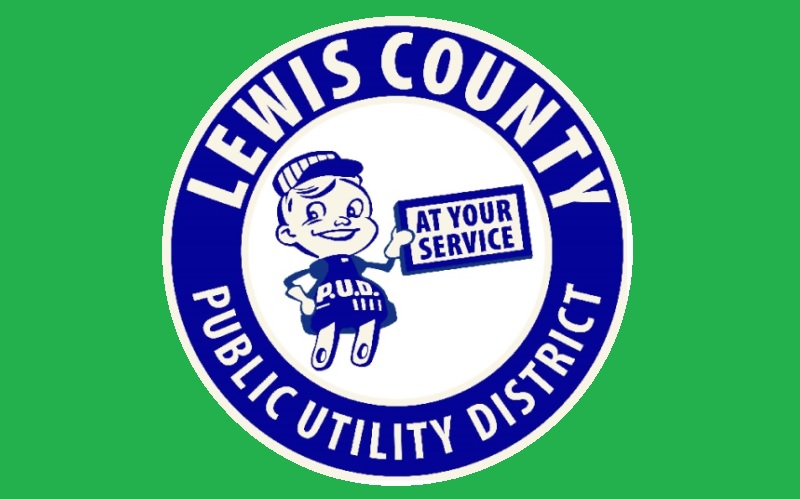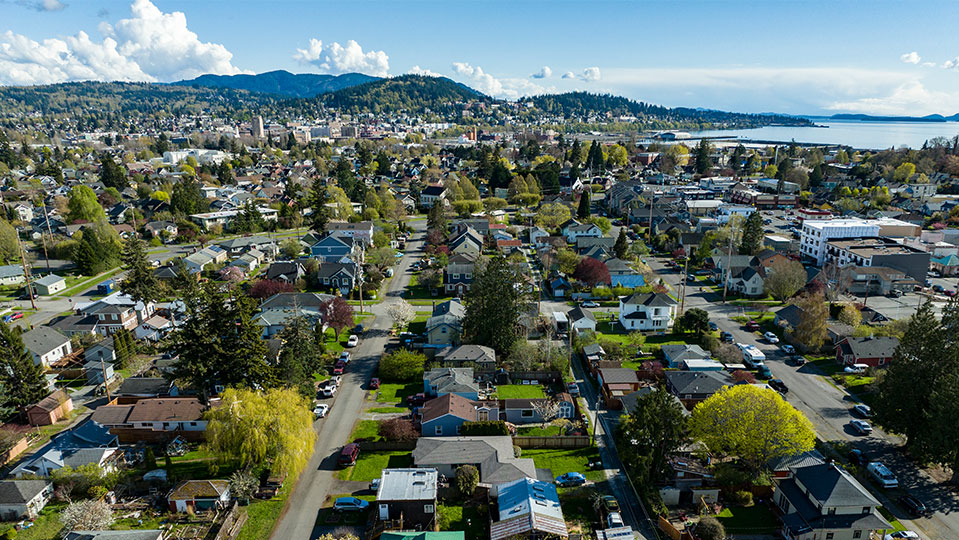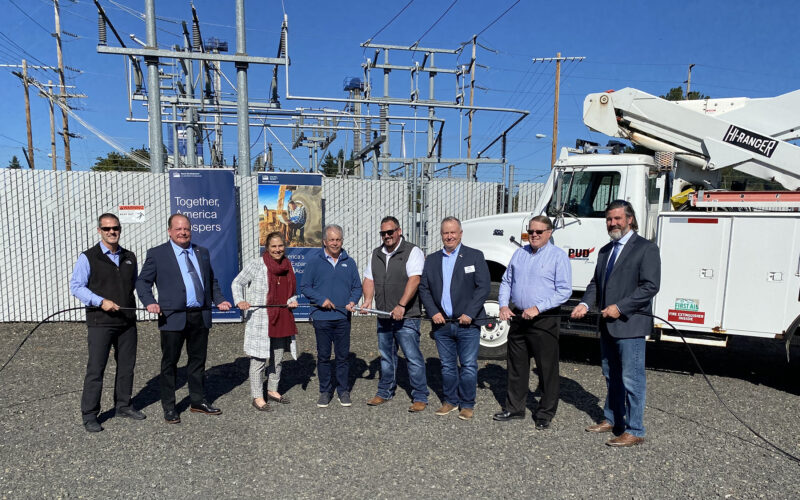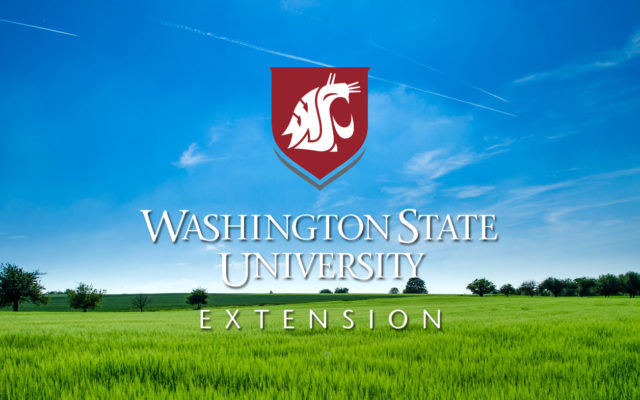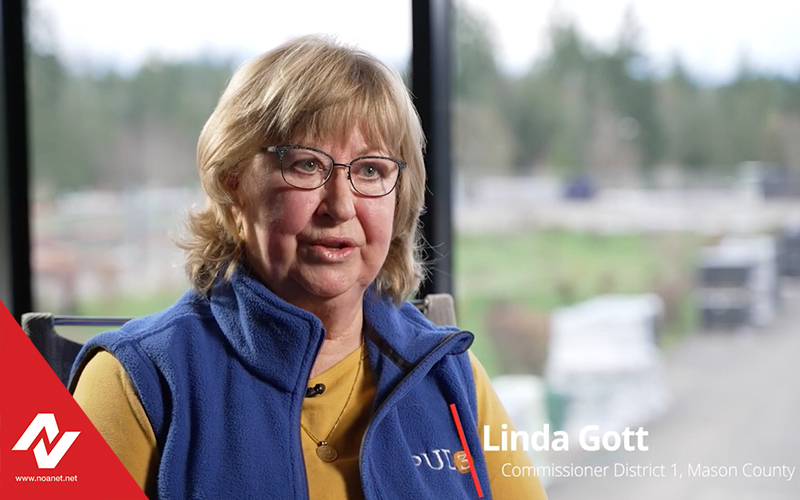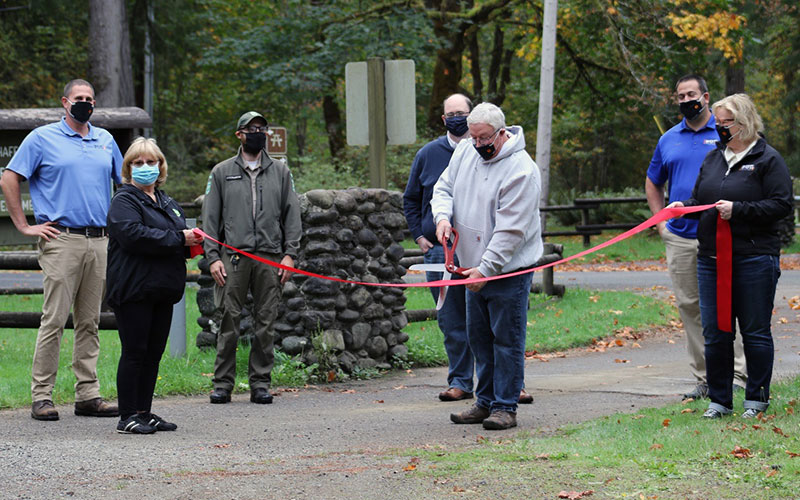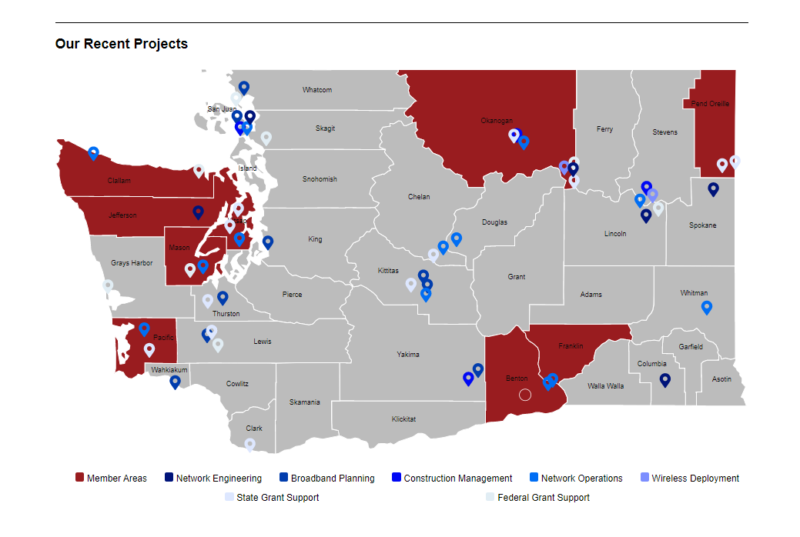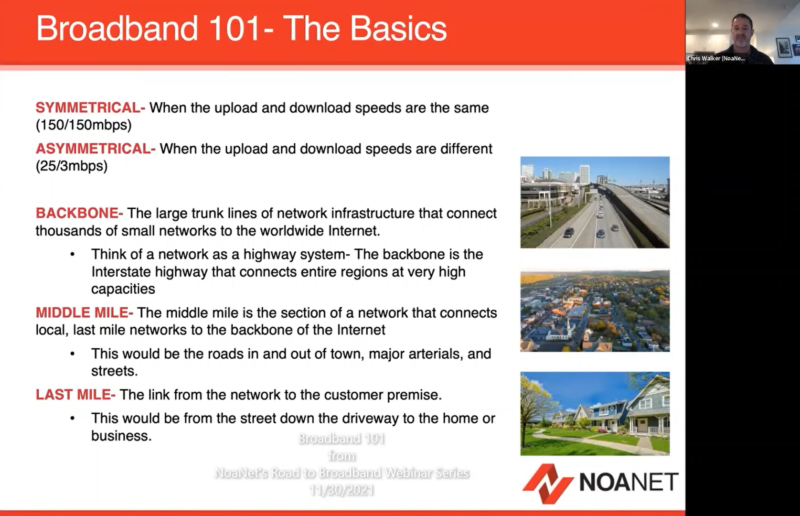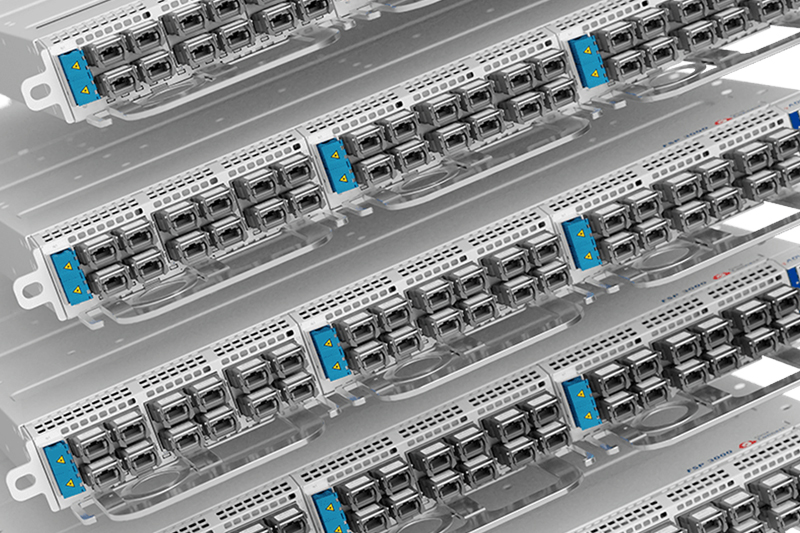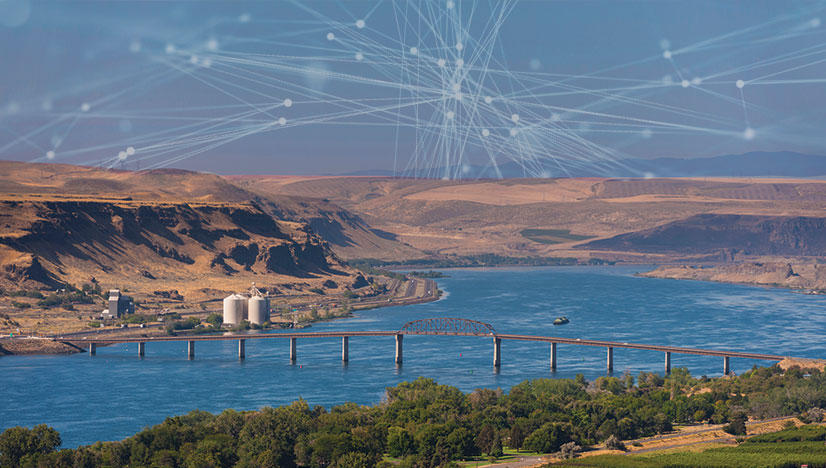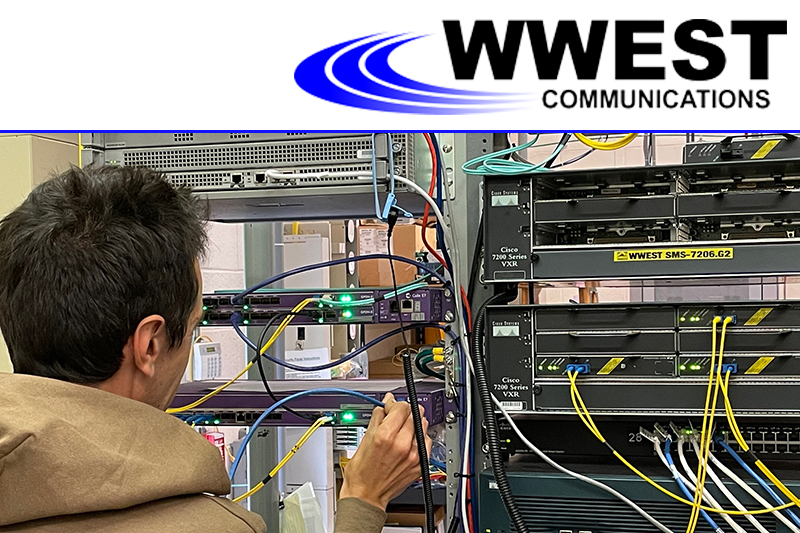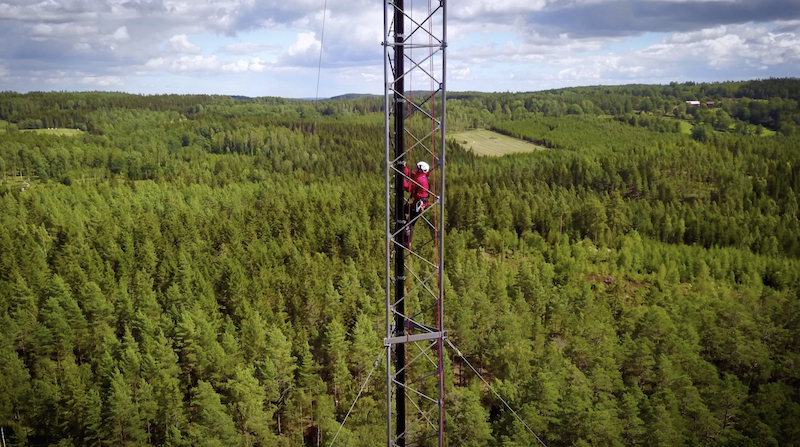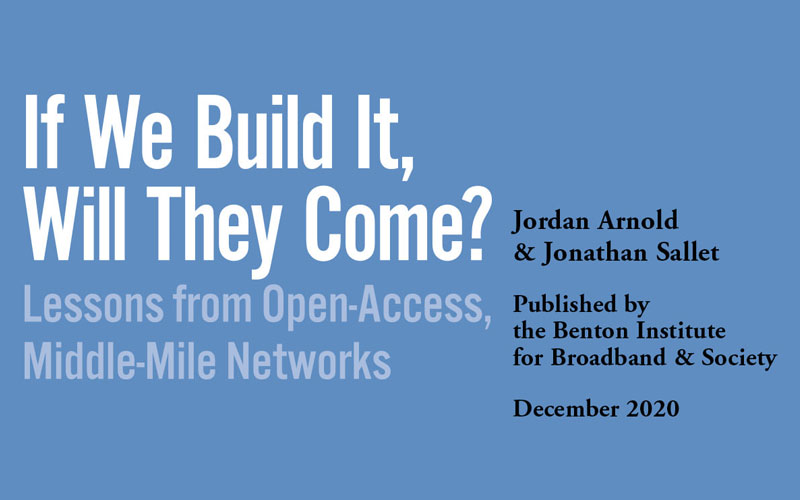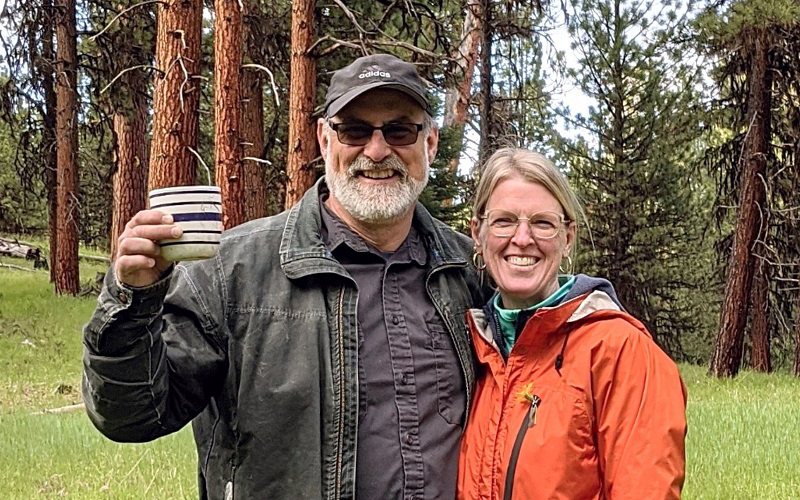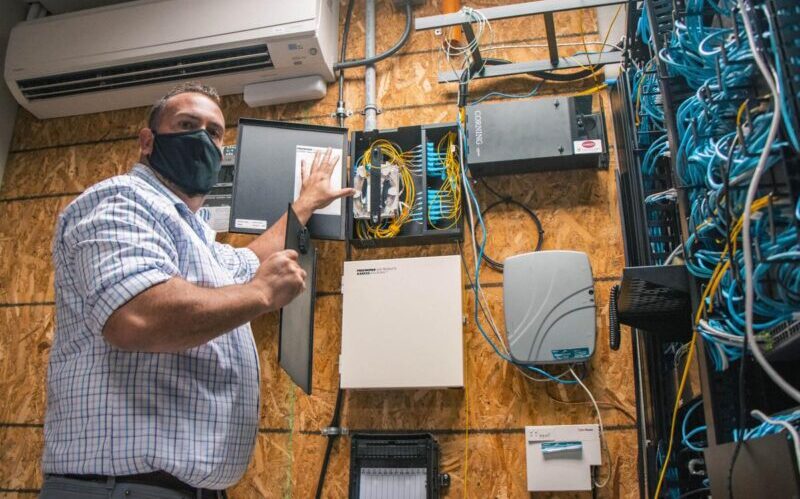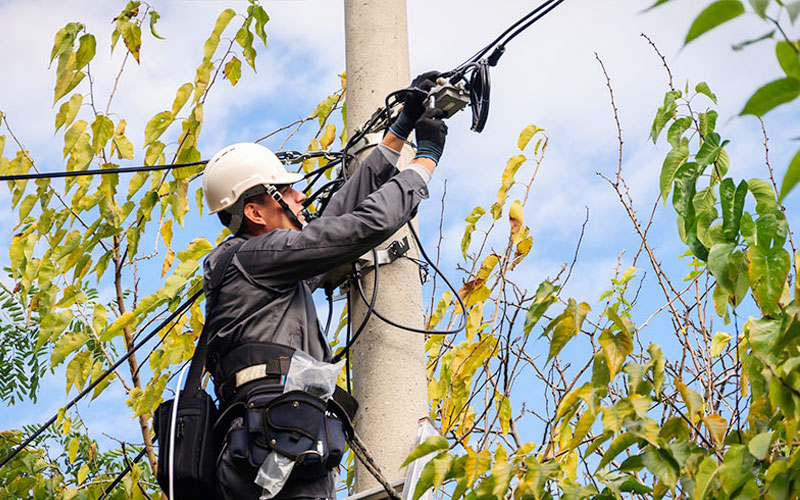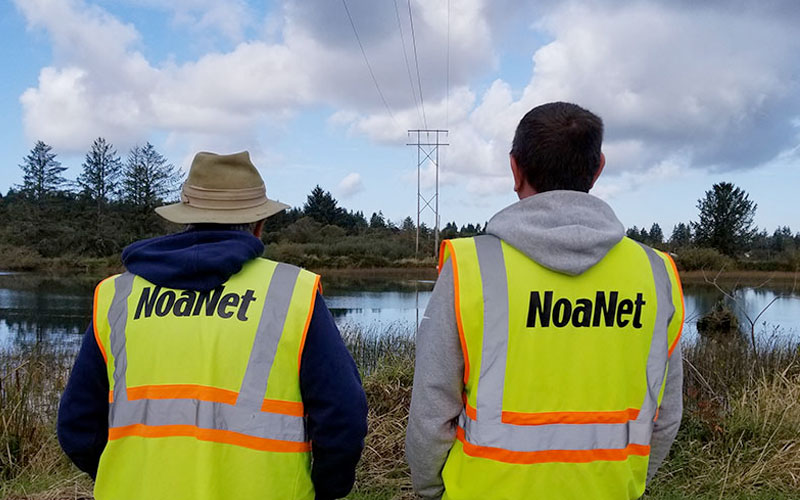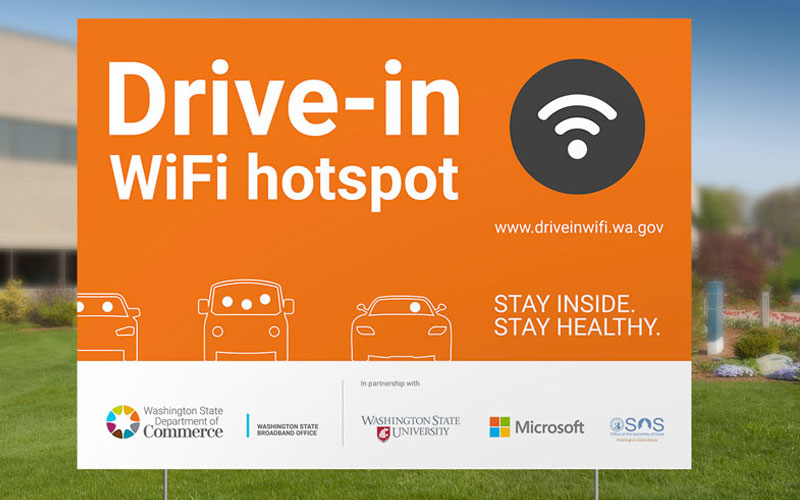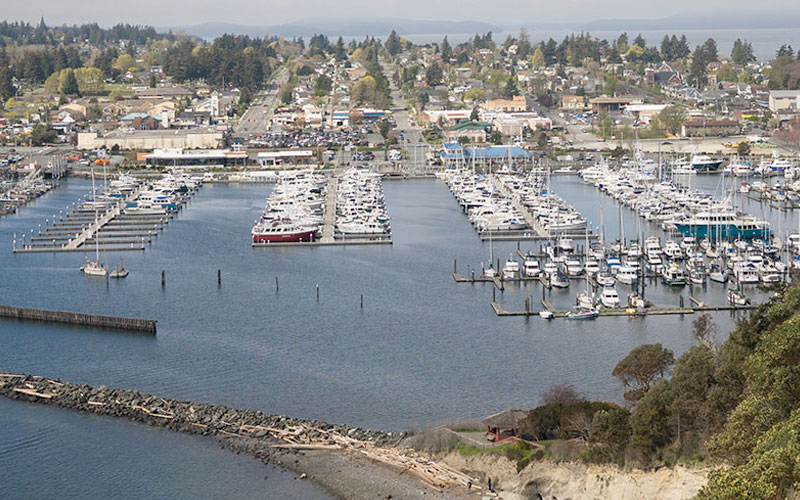In today’s increasingly digital world, access to the Internet has become a critical necessity for people of all ages and backgrounds. Whether for work, education, commerce, or pleasure, the Internet, especially broadband access, is today the essential tool that connects and enhances the lives and livelihoods of people, businesses, and communities across the globe.
Privately held telecommunications entities have traditionally provided internet networks and services to consumers. There is growing recognition of the advantages and benefits of open-access publicly owned broadband networks to bring digital connectivity services to persistently unserved and underserved communities.
Open access public broadband refers to the idea that broadband infrastructure should be publicly owned and operated, with equal access to all consumers, content providers, and service providers. This approach can help to ensure that broadband services are accessible to everyone, particularly those in underserved or rural areas, while also promoting competition and innovation in the market.
A massive public investment in broadband is coming to Washington from NTIA in their administration of broadband funding programs through the Infrastructure Investment and Jobs Act (IIJA). The largest of six new programs in IIJA is the $42.45 billion Broadband Equity, Access, and Deployment (BEAD) Program, which targets broadband infrastructure and digital equity services. NoaNet wants Washington to be in the best position possible to ensure all of our communities are connected through these investments—not just for today—but so that the infrastructure built with taxpayer funds is held in the public trust for long-term use by our citizens.
NoaNet is proud to have worked in this space for over 20 years as a non-profit public benefit telecommunications provider. NoaNet is owned by Washington Public Utility Districts and has built and operates over 3,300 miles of open-access broadband network that touches every county in our state. Our network provides the capacity to support the continued development of our state’s public infrastructure.
I want to share some of the key advantages of open-access publicly-owned broadband networks:
Universal access: Publicly-owned networks prioritize the needs of all citizens, regardless of their income, geographic location, or demographic group. This means everyone has equal access to high-speed Internet, which can help bridge the digital divide and reduce inequality.
Increased competition and innovation: Open Access Publicly-owned networks don’t take away from our region’s private service providers but open them up to new markets statewide. Having infrastructure available on an open-access basis encourages more competition and innovation in the telecommunications market. This can lead to more affordable and innovative services that meet the evolving needs of consumers and opens the door of opportunity for our state’s service providers without having to make the costly investment in infrastructure.
Quality and affordability: Open access publicly-owned networks can provide the highest quality services at more affordable rates. This is because publicly owned networks are not driven by profit motives and can reinvest revenues into improving the network infrastructure and expanding the service area.
Local Economic Development: Publicly-owned networks can also support economic development by providing reliable, high-speed internet services that attract new businesses and create jobs. Additionally, public networks can provide valuable data and analytics that can inform economic policy and support local entrepreneurship.
Community Empowerment: Publicly-owned networks can empower local communities to take ownership of their telecommunications infrastructure and participate in decision-making processes. This can lead to a more democratic and participatory society where citizens have a voice in shaping public policy and investments.
In conclusion, open-access publicly-owned and operated broadband networks offer numerous advantages that benefit citizens, businesses, and communities. By prioritizing universal access, affordability, innovation, economic development, and community empowerment, these networks can help build a more inclusive and equitable society.
Thank you for taking the time to read my thoughts on this important issue. I hope you will join me in supporting open-access publicly-owned and operated broadband networks. Please reach out if you have any questions or concerns on this topic- NoaNet is here to help.
Sincerely,
Craig Nelsen
CEO, NoaNet


